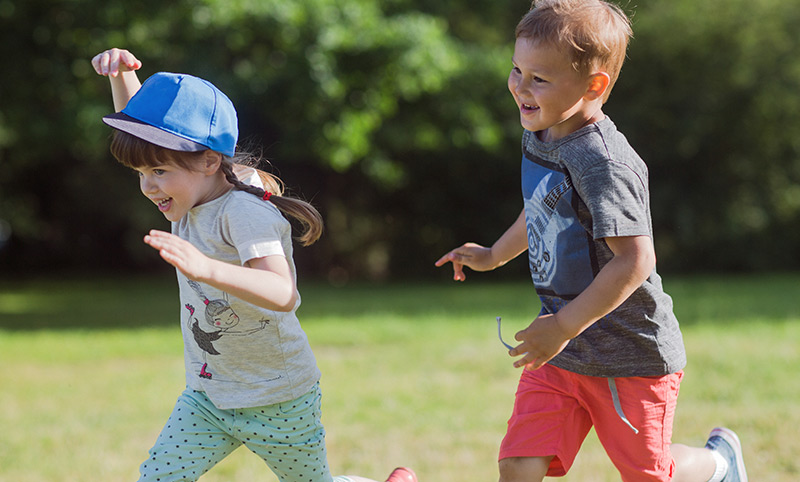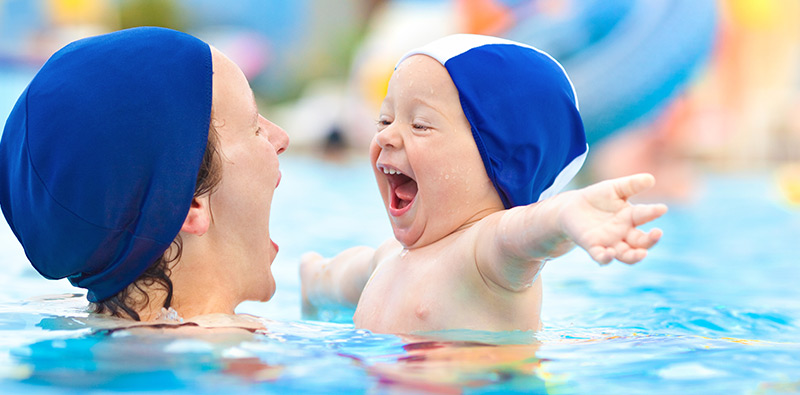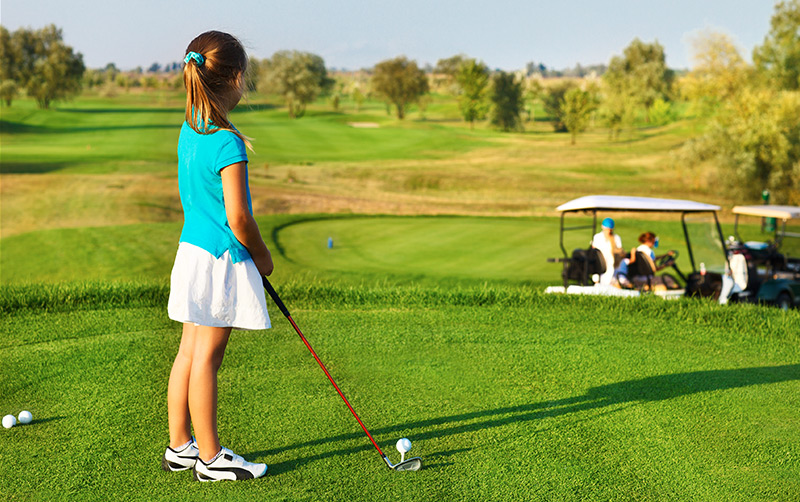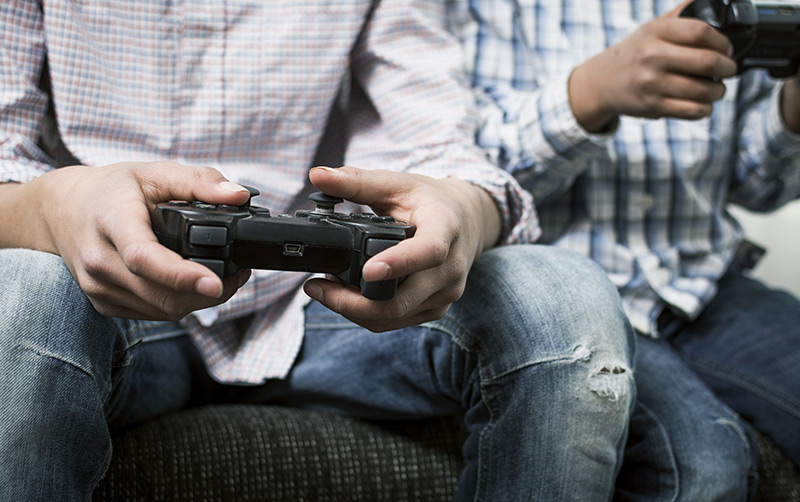In a world governed by social media, computer games, easy access TV, tablets and smart phones, it’s no wonder modern parents are concerned about how active their kids are.
The lure of the world of sedentary entertainment is a powerful one, and unfortunately more and more children are falling victim to a life of inactivity as a result.
However, the benefits of physical activity are well documented. From preventing unnecessary weight gain and hypertension to a positive mental state and even stronger bones - the plusses are plenty.
In fact, it’s so widely accepted that physical activity is essential for a child’s physical and mental development that the government recommends they partake in moderate to vigorous activity for at least 60 minutes several times a week!
The government also recommends that sedentary activities be kept to a minimum – yes, that means less time on the Xbox and more time running about.
But how can parents persuade their little darlings to say no to the fantastical realm of TV for the land of imaginative, active play instead?
It’s not easy – but there are ways…
Let’s Talk Benefits

Inactivity can lead to life of poor physiological health, a lack of social skills and can even have a negative psychological impact not only in children, but adults too.
In fact, research has shown that an active childhood can have numerous knock effects including:
- Self esteem Encouragement, winning, cheerleading or a simple pat on the back after a game can do wonders for a child’s self esteem. It instils pride and a sense of accomplishment as well as promoting positive relationships with peers, parents and coaches.This positive mental attitude often stays with them to adulthood.
- Better control of emotions Activity and sport provides children with a positive outlet for negative emotions, and teaches them how to deal with these feelings when they arise.A good coach or trainer will be able to instil discipline and teach the child that getting angry can often lead to negative outcomes thus equipping your child with a valuable life lesson and skill in how to tackle future challenges
- Being a team player It’s true what they say – there is no I in team – and in sport, it is essential that all within the team work together. This includes communicating amongst peers, which is a valuable skill for the workplace.
- It’s OK to lose No one really likes to lose, but in sport there is always a winner and a loser. There’s absolutely nothing wrong with being competitive, but there is a skill in losing with honour, which, if taught at a young age, can be invaluable for positive relationships in the future.
- Friendship The great thing about sport is it gives children a sense of belonging and friendship. It also means the child will have other friends outside of school.Research has found that children who engaged in sport often find socialising as adults much easier.
How to keep your child active

There is truth in the saying – monkey see, monkey do. It’s important to remember that children are sponges and the only way you, as a parent, can help your child to be active is to be active yourself.
If you would prefer to sit in front of the TV for hours on a Saturday, how can you expect your child to want to go out and play?
That may sound harsh but it is our duty as parents to lead by example in order to help your child become more physically active. Here are a few tips to help your kid say no to the Xbox and yes to the great outdoors…
Try something new
They may throw a bit of a wobbler and say they “don’t want to” or they “don’t like it,” but how do they know if they’ve never tried.Opt for fun and exciting activities, and try for an array of sports to help them find one they enjoy. The more they enjoy it and try new things, the more likely they will continue it.
Encourage their imagination
Reading books about sport can fire up their imaginations and prompt them to re-enact what they’ve read – encourage this behaviour!
Let them develop in their own time
A 5 or 6 year old isn’t going to be ready to hit the gym and pound out a 10k run but running, swimming, biking or even just playing in their back garden is a great place to start.
Active toys
Balls, skipping ropes, a hula-hoop – active toys are easy to acquire and are great for getting their little hearts pumping.
Get involved
Active play with your child will naturally encourage them to be more active so get involved and play that game of tag or have a quick kick about. It’ll also help them practice their skills and it’s brilliant for bonding.
Limit the TV
There’s nothing wrong with a little TV time, but if the weather is good encourage your kids to get outside and enjoy the fresh air instead.
Make time
Between homework, music lessons and other planned activities, finding the time to exercise with your children can be a challenge to say the least.By scheduling in a weekly walk or similar, good habits will naturally form.And yes, school is important, but so is their health so finding a balance is essential.
My child doesn’t like team sports

That’s absolutely fine! Some of the greatest athletes in the world didn’t like team sports when they were young either. There are plenty of other activities you can try like:
- Gymnastics
- Running
- Swimming
- Cycling
- Dancing
- Golf
- Athletics
Don’t force your child into something they genuinely do not enjoy as this could come back to bite you later on. Instead, let them try their hand at everything until something fires their interest and then encourage them to stick with it.
Don’t fret about computer games

If you’ve tried all of the above and your child still prefers to pick up the controller over outside time, don’t worry. You can easily make this activity a sporty one too.
Seriously!
In fact, research has found that boys who play sporty video games are highly likely to repeat what they’ve seen in real life.
So if they do lean towards to computer than green grass, give them active computer games to play - they may just surprise you!
Final thought
This isn’t about “sport,” it’s about giving your child the tools to lead a healthy lifestyle when they’re older. By finding an activity they enjoy, they will naturally be more likely to put down the remote!


